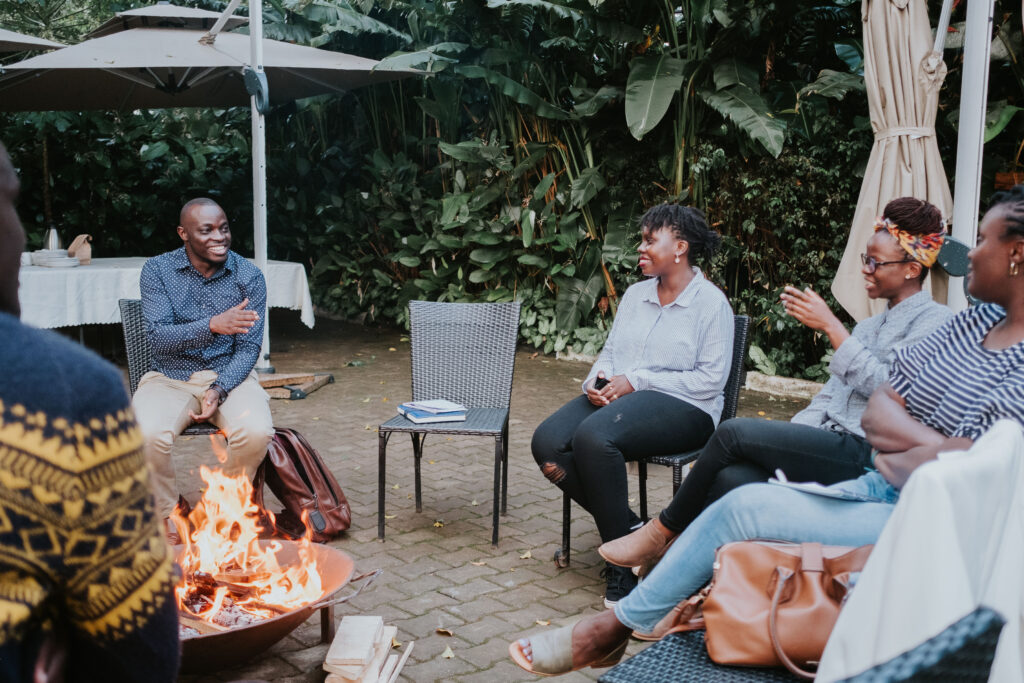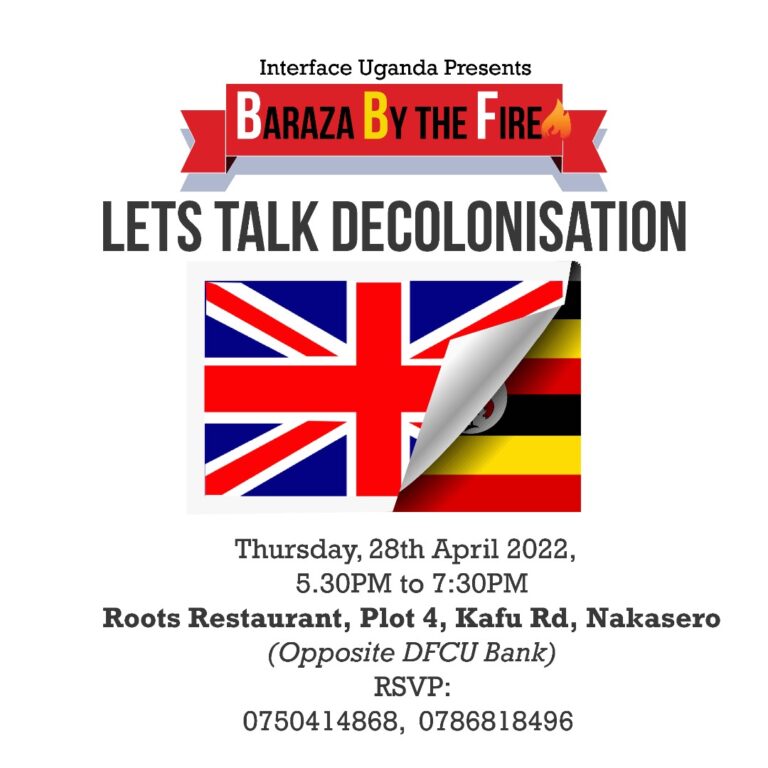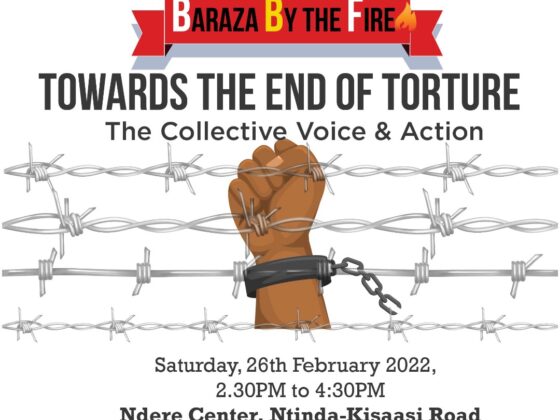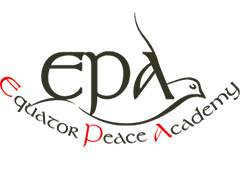
“Let’s Talk Decolonization” was our second BBF discussion series of the year. Roots Restaurant was once again the location of the discussion, as various topics were discussed. Roots & Identity, Religion; The Trojan Horse of Colonialism, and Demystifying Neocolonialism in our Politics and Economy. Each topic dove into a different aspect of Decolonization, how it existed in the past and how it exists now in our communities.
A plethora of views were aired, ranging from how the current political environment mirrors colonial governance methods, to how colonialism stole our Identity. Individual stories were also shared recounting direct experiences with the effects of colonialism. Practices such as monogamy and having an English (Christian) name were considered acceptable and necessary for individuals to enroll in church-founded schools like Gayaza High School. Opinions on colonization were split, with some saying that certain aspects of colonialism were beneficial to African societies since they frowned upon many inhuman customs such as the treatment of twins: In some cultures, the birth of twins was considered an omen so twins were discarded at birth or left to die in the forest. Others claimed that colonialism isn’t a thing of the past, but is currently happening not just by our former European colonizers, but by fellow Africans who rule our countries and share political ideologies similar to our previous subjugators. This led to the conclusion that colonialism is not based on the color of your skin, but rather it is an ideology of domination of the inferior social classes by the superior ones. This is further justified by the fact that colonialism has always happened throughout history. From ancient times by Assyria, Babylon and Rome, to modern-day information-age colonialism through media conglomerates.
The discussion was also directed towards the things that participants would want to decolonize within the context of our nation. “We should read more, as Africans! Especially material authored by Africans”, said one participant. And another suggested that we should ensure that our children learn local languages and not make English the only language that they know.
Further discussion on Decolonization was had on the 26th of May, this time focusing on Roots and Identity. Participants shared details of their cultural roots. One participant even shared a story of medical hierarchy. During British occupation, white doctors could treat Indians and Africans, but no Africans were allowed to treat any white people. However, his father was the first African to treat a white patient, and he was arrested for it. Participants were then asked if Colonialism stole a bit of their Identity. “I would like to approach this from a cinema-history point of view, especially the Japanese and Chinese view. The films they produce are quite unique because they were not as influenced by the Western culture as we were.” said one participant. The general thought that was shared was that identity is multilayered and is shaped by the environment one is raised in. This environment can be influenced both positively and negatively by colonialism. However, some participants shared that the fluid nature of Identity would mean that it would still change within communities regardless of the influence of colonialism.
All in all, colonialism was a deeply significant event in our existence. From British Imperialists to modern-day politicians, it continues the hold our country in its tight grip. But through discussion and continuous deliberation, a road to decolonization can begin to emerge.






